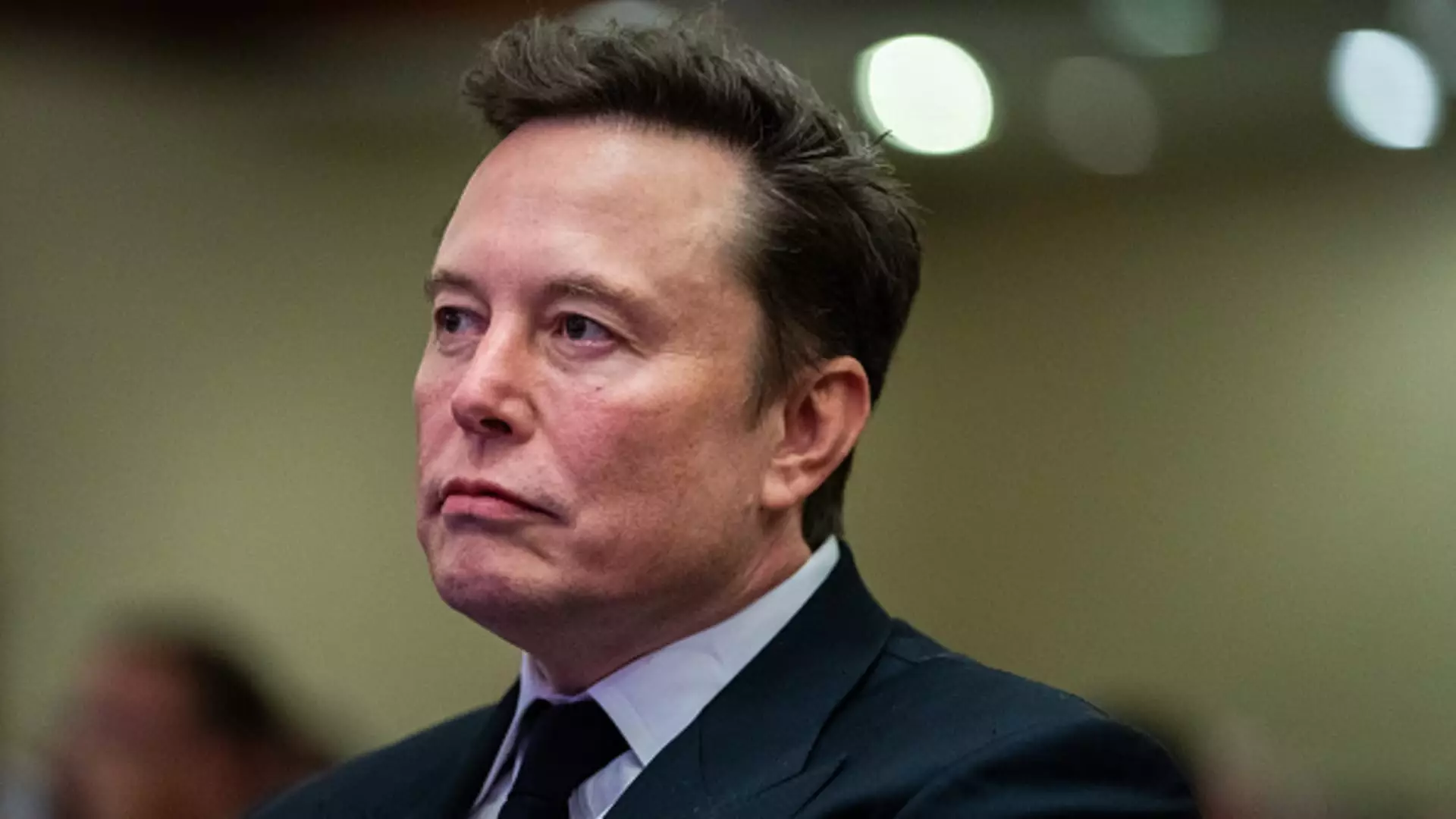Elon Musk, the enigmatic CEO of Tesla, recently faced a significant legal defeat regarding one of the most expansive CEO pay packages in corporate history. This case not only raises questions about executive compensation but also shines a light on governance issues within one of the world’s most watched companies. The implications of this ruling reverberate throughout the corporate landscape, prompting discussions about the accountability of executives and the role of shareholders in ensuring fair compensation structures.
A Delaware chancellor, Kathaleen McCormick, ruled against Musk’s request to reinstate his 2018 compensation plan valued at a staggering $56 billion. This decision reflected a commitment to maintaining ethical standards in executive compensation, challenging the notion that CEOs can dictate their pay without robust oversight from boards. McCormick’s ruling underscored concerns about the corporate governance surrounding Tesla, highlighting how Musk, as the company’s leader, wielded an excessive amount of control. The process involved in approving this plan was characterized by flaws, raising alarms about whether Tesla’s board of directors truly acted in the best interest of shareholders.
This ruling followed a shareholder vote intended to ratify Musk’s compensation plan, but McCormick reinforced that previous decisions could not be overshadowed by post hoc attempts to legitimize a controversial contract. The court’s refusal to entertain the idea that shareholder approval could retroactively validate a poorly negotiated deal emphasizes the crucial need for transparency and fairness in corporate governance.
The repercussions of this ruling extend beyond Musk and Tesla. With substantial attorney fees awarded to the lawyers representing the shareholders, this case may encourage other investors to scrutinize their own companies sharply. As corporations increasingly face challenges related to executive pay and accountability, stakeholders may become more aggressive in evaluating the governance processes surrounding compensation packages.
Musk’s reaction involved strong criticism of Delaware’s court system, even leading him to shift Tesla’s state of incorporation to Texas. This move highlights a broader trend where corporate leaders may seek more favorable legal environments, particularly when navigating challenges that threaten their interests. His previous comments on social media hint at a growing discontent with legal institutions, demonstrating the potential for backlash against systems perceived as unjust or overly critical of corporate practices.
Despite the judicial setback, Musk’s financial situation has been buoyant, with reports indicating a surge in his net wealth, largely tied to Tesla’s stock performance. The paradox of an individual facing significant legal hurdles yet experiencing a considerable increase in wealth is emblematic of a broader narrative in the technology and investment landscapes. Musk’s fortune soared over $43 billion following Donald Trump’s recent electoral victory, showcasing how political and economic dynamics can influence stock prices and, consequently, individual net worth.
Notably, Tesla’s stock rose by approximately 42% in the weeks following the election, fueled by optimism surrounding potential policy shifts favoring the company. This situation presents a critical junction for investors and commentators who must reconcile the apparent dichotomy of legal accountability and market performance. While Musk may face scrutiny, his companies continue to thrive, leading some to wonder whether accountability measures will genuinely affect the fortunes of high-profile executives.
The recent developments surrounding Elon Musk’s pay package signify much more than a legal setback; they are an opportunity to examine the broader implications for corporate governance and executive compensation. As shareholders demand more involvement and transparency, the balance of power within corporate structures may shift. The saga continues to unfold, with potential ramifications that could alter how executives negotiate pay and how boards exercise their fiduciary responsibilities.
The overarching question remains whether this case will serve as a watershed moment in holding executives accountable or merely a speed bump in the relentless trajectory of high-stakes corporate leadership. As the dust settles, all eyes will be on how Tesla adapts to this verdict and the implications it carries for similar cases in the future.


Leave a Reply